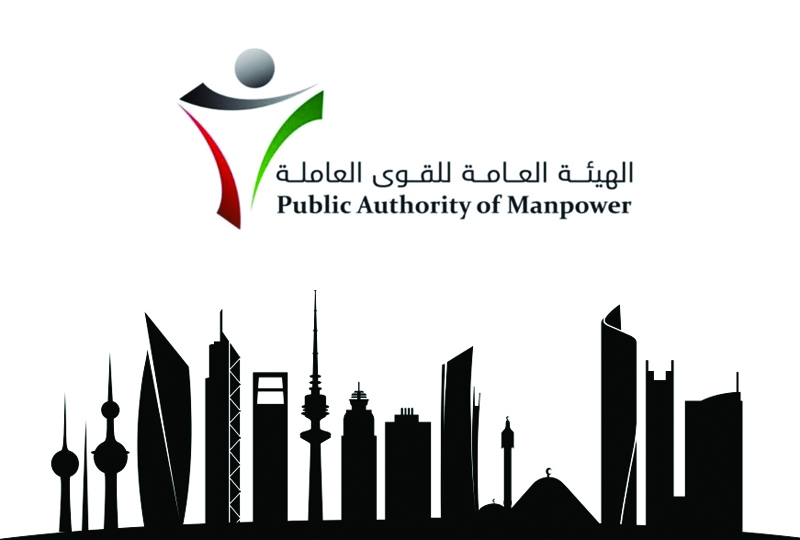KUWAIT: The Cabinet's General Secretariat has assigned the Public Authority for Manpower to upgrade the current work permit system for foreign residents in order to increase fees for all services it provides, a local daily reported yesterday quoting sources. The authority was told to put up a plan to increase fees for work visas issued to foreign workers by the second or third quarters of 2022, Al-Qabas reported quoting sources familiar with the discussions.
The main goal of amending the work permits' system is to fight human trafficking and prevent the entry of unskilled labor who do not bring added value to the local economy, said the sources who spoke on the condition of anonymity. Kuwait has ramped up its efforts to fight trafficking in persons; the least of which is an announcement made by the Interior Ministry yesterday of launching a hotline to report human and labor trafficking cases at 1888688.
Furthermore, the authority was also instructed to set a percentage for replacing foreign labor in the private sector with national manpower, starting with five percent in 2022 and up to 20 percent by 2025, said the sources, noting that the plan also includes introducing programs to "lure skilled foreign labor" into the country. The report does not provide details about the mechanism by which the plan is to be executed, and whether the proposed fee increase will cover services other than issuing new work visas, such as visa renewal. It says that the plan is necessitated by the need to "address flaws in the private sector's labor market" and to create non-oil revenues to the state's budget.
Power tariffs
In the meantime, Minister of Electricity, Water and Renewable Energy Mishan Al-Otaibi said there is a plan to raise tariffs for all sectors except the residential sector within two years, based on studies prepared by the concerned committee at the ministry, in a way that does not affect the local economy. Otaibi said it is important to carry out productive projects on time in coordination and cooperation with the authorities, and warned that in case projects are not completed on time, "we will face crises in 2025 as some projects are four to five years late".
Speaking as he presented the ministry's 2020-2030 strategy, Otaibi said the increase in tariffs is linked to the economic reform plan as part of an integrated program at the state level to direct subsidies to those who deserve them, Al-Rai daily reported yesterday.
Otaibi explained during the press conference held Sunday that his ministry has updated the strategic objectives of its plan for digital transformation and renewable energy in keeping with Kuwait Vision 2035. "The recently introduced changes cover a great part of the future energy projects in order to ensure the needs of consumers in a sustainable way," he said. "The digitalization aims to ensure provision of high-quality service to consumers, institutional excellence and development of human resources," he revealed.
On top of the ministry's plan for 2030 are the electricity generating projects which envisage securing up to 5,000 megawatts over this period, which constitute an increase by 45 percent, Otaibi pointed out. The seawater desalination projects aim to increase the production capacity by 350 million imperial gallons per day, the minister added.


